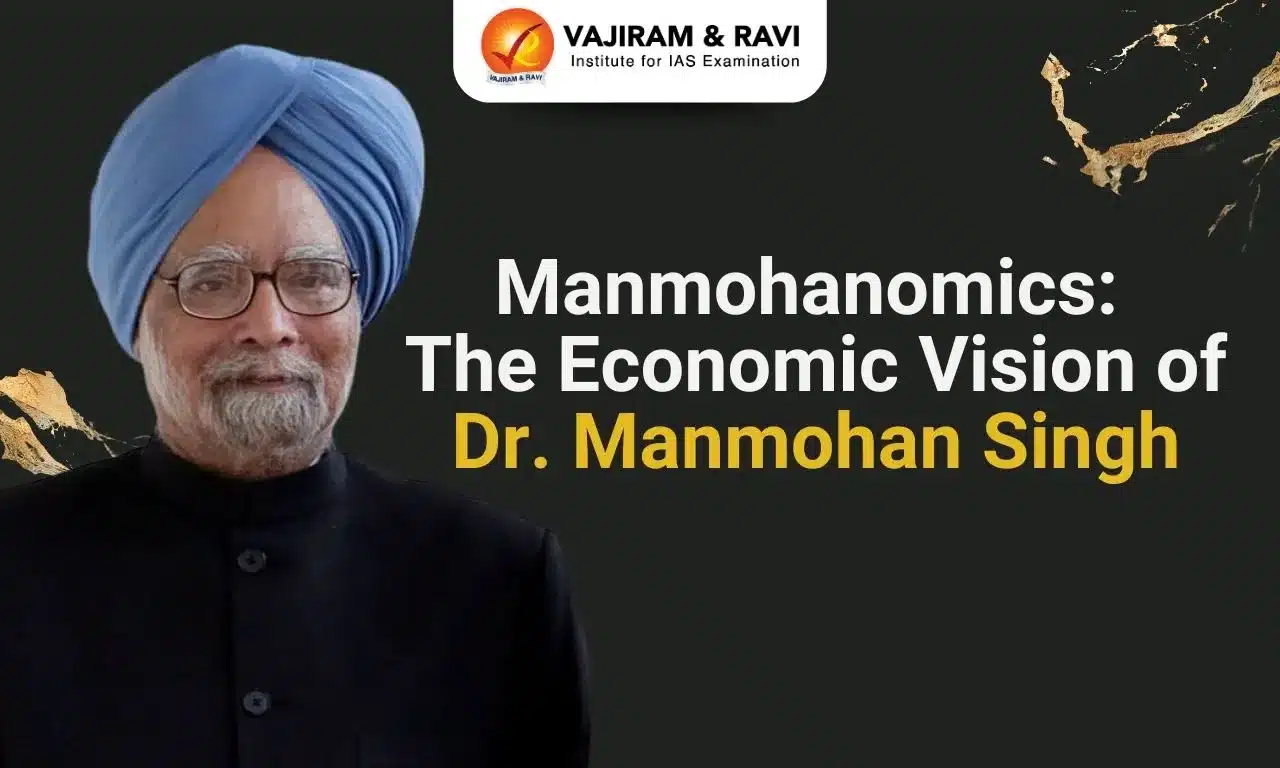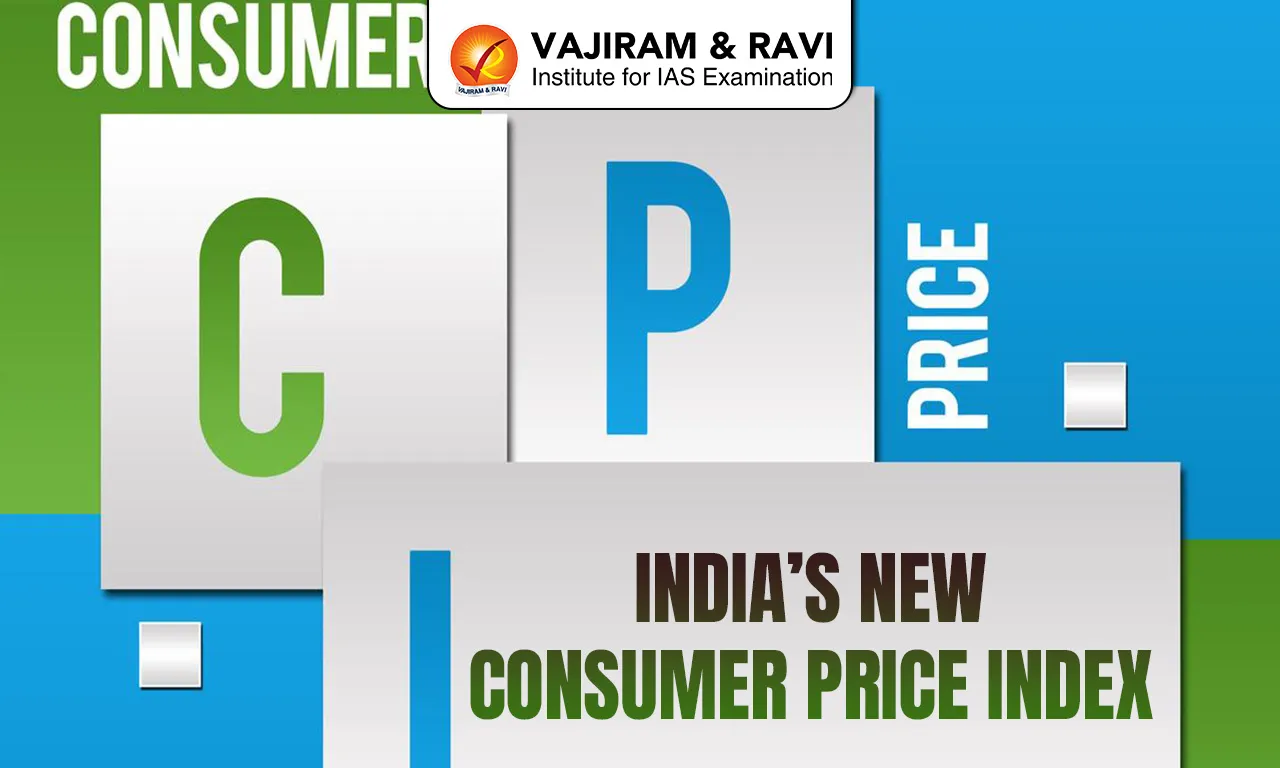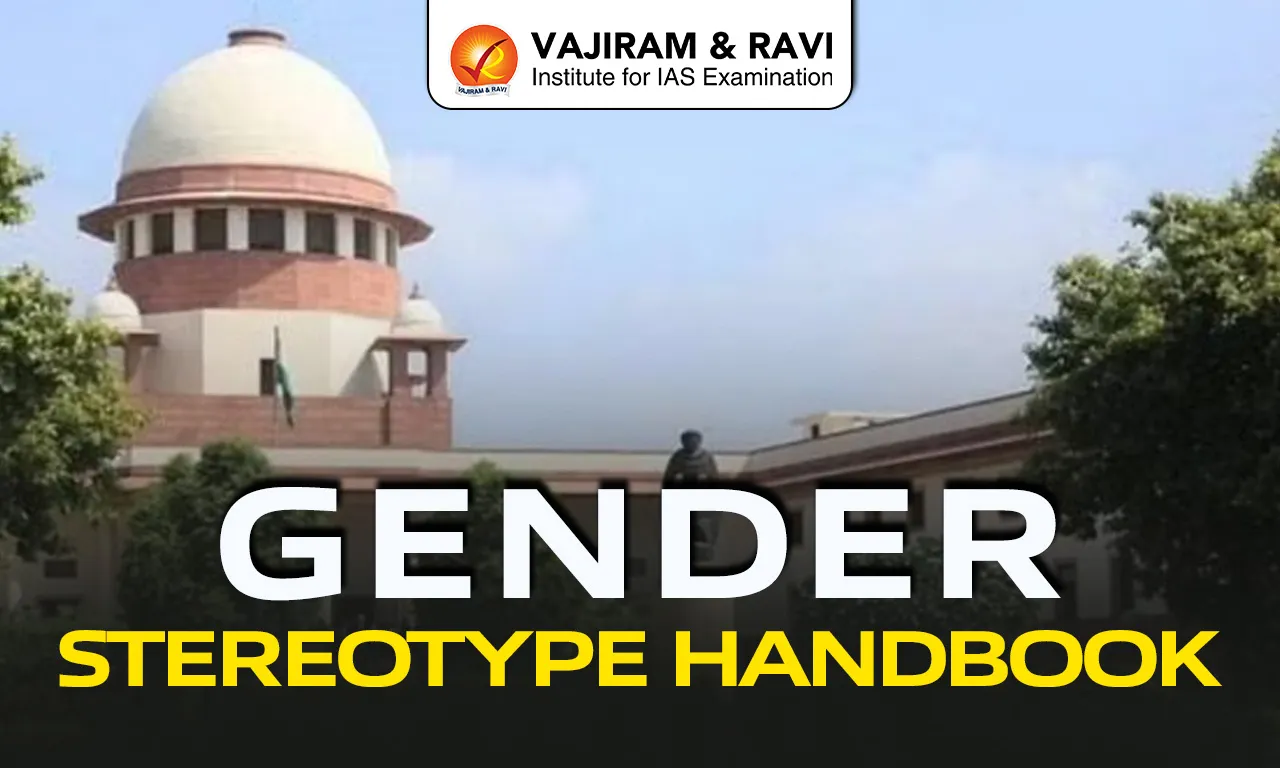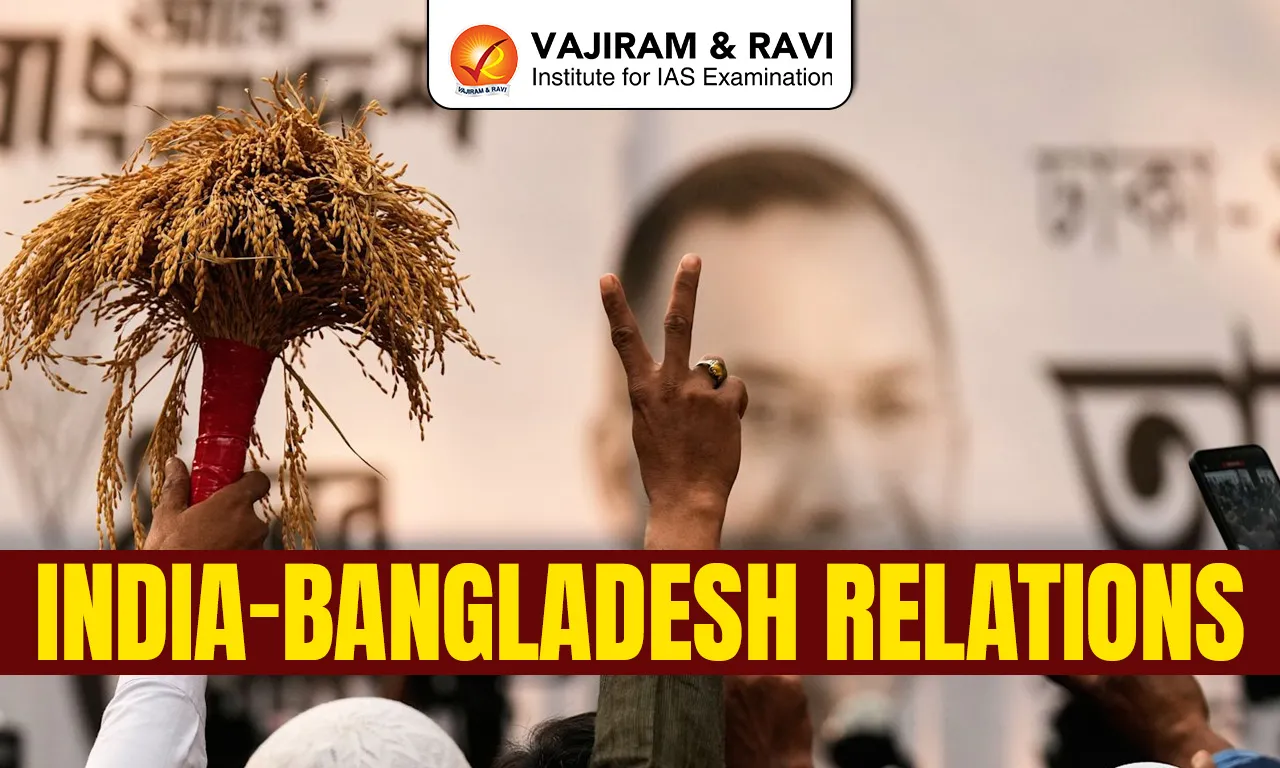What’s in today’s article?
- Introduction
- Early Life and Academic Achievements
- Transition to Economic Liberalization
- Key Economic Principles and Insights
- Key Contributions to Economic Reforms
- Legacy and Challenges
- Broader Impact
- Conclusion
Introduction
- Dr. Manmohan Singh, a renowned economist and the former Prime Minister of India, significantly shaped India’s economic policies and reforms.
- His work reflected a deep understanding of India’s economic challenges and opportunities, making him one of the most influential figures in modern Indian economic history.
Early Life and Academic Achievements
- Obtained a Tripos in Economics from Cambridge (1957) and a DPhil from Oxford (1962).
- Taught at the Delhi School of Economics (1969–1971).
- Held prominent policymaking roles, including Governor of the RBI and Deputy Chairman of the Planning Commission.
Transition to Economic Liberalization
- As Finance Minister (1991-96):
- Introduced economic reforms that shifted India from a closed, centrally-planned economy to an open, liberalized market economy.
- Ended the Licence-Permit Raj, easing industrial licensing and promoting private enterprise.
- As Prime Minister (2004-14):
- Oversaw India’s fastest economic growth phase and significant poverty reduction.
- His tenure was marred by allegations of corruption and “policy paralysis” in the later years.
Key Economic Principles and Insights
- On Planning vs. Markets:
- Believed planning was not a “panacea” for economic issues, particularly in the absence of efficient public administration.
- Highlighted the need for market forces, but understood the rationale for state intervention in newly independent economies with underdeveloped infrastructure.
- On Inequality and Wealth Redistribution:
- Warned against the disruptive effects of elite-mass contradictions, where a small elite enjoyed luxury while the masses lacked basic necessities.
- Opposed populist policies like “soaking the rich,” emphasizing the importance of trust between government and private enterprise.
- On Trade and Export Potential:
- Advocated for a more open trade policy.
- Criticized the export pessimism of early planners and emphasized the potential of export-led growth.
- On Public Sector Enterprises (PSUs):
- Stressed the need for autonomy and accountability in PSUs.
- Criticized political interference, outdated technologies, and price controls, which led to inefficiencies and losses.
- On Education, Health, and Women’s Empowerment:
- Highlighted the critical role of universal primary education, healthcare, and women’s literacy in enhancing productivity and societal well-being.
- Advocated for better nutrition and sanitation to unlock India’s human potential.
Key Contributions to Economic Reforms
- Economic Liberalization (1991):
- Focused on fiscal discipline, reduced trade barriers, and encouraged foreign investments.
- Emphasized the role of private enterprise in driving economic growth.
- Focus on Governance and Public Policy:
- Advocated for institutional reforms to reduce corruption and enhance efficiency in public administration.
Legacy and Challenges
- Achievements:
- Credited with transforming India into a global economic player.
- His reforms paved the way for sustained economic growth and structural changes.
- Criticism:
- Later years as Prime Minister saw allegations of corruption, weakening his legacy.
- Accused of being too accommodating to coalition pressures, leading to policy inertia.
Broader Impact
- Dr. Singh’s policies laid the foundation for India’s modern economic framework, emphasizing:
- A balance between state intervention and market liberalization.
- The importance of inclusive growth.
- The need for long-term institutional reforms.
Conclusion
- Dr. Manmohan Singh’s economic vision, rooted in pragmatism and foresight, reshaped India’s economic landscape.
- His leadership during the liberalization era and his focus on reforms across governance, trade, and social sectors remain a cornerstone of India’s economic transformation.
- Despite challenges, his legacy endures as a testament to the power of thoughtful, informed policymaking.
Q1. What is the main difference between Privatisation & Disinvestment?
The main difference between privatization and disinvestment is that privatization involves transferring ownership and control of an entity to private entities, while disinvestment involves selling a portion of ownership of an entity.
Q2. What is the purpose of the IMF?
The IMF has three critical missions: furthering international monetary cooperation, encouraging the expansion of trade and economic growth, and discouraging policies that would harm prosperity. To fulfill these missions, IMF member countries work collaboratively with each other and with other international bodies.
Source :IE
Last updated on February, 2026
→ UPSC Notification 2026 is now out on the official website at upsconline.nic.in.
→ UPSC IFoS Notification 2026 is now out on the official website at upsconline.nic.in.
→ UPSC Calendar 2026 has been released.
→ Check out the latest UPSC Syllabus 2026 here.
→ Join Vajiram & Ravi’s Interview Guidance Programme for expert help to crack your final UPSC stage.
→ UPSC Mains Result 2025 is now out.
→ UPSC Prelims 2026 will be conducted on 24th May, 2026 & UPSC Mains 2026 will be conducted on 21st August 2026.
→ The UPSC Selection Process is of 3 stages-Prelims, Mains and Interview.
→ Prepare effectively with Vajiram & Ravi’s UPSC Prelims Test Series 2026 featuring full-length mock tests, detailed solutions, and performance analysis.
→ Enroll in Vajiram & Ravi’s UPSC Mains Test Series 2026 for structured answer writing practice, expert evaluation, and exam-oriented feedback.
→ Join Vajiram & Ravi’s Best UPSC Mentorship Program for personalized guidance, strategy planning, and one-to-one support from experienced mentors.
→ UPSC Result 2024 is released with latest UPSC Marksheet 2024. Check Now!
→ UPSC Toppers List 2024 is released now. Shakti Dubey is UPSC AIR 1 2024 Topper.
→ Also check Best UPSC Coaching in India






















